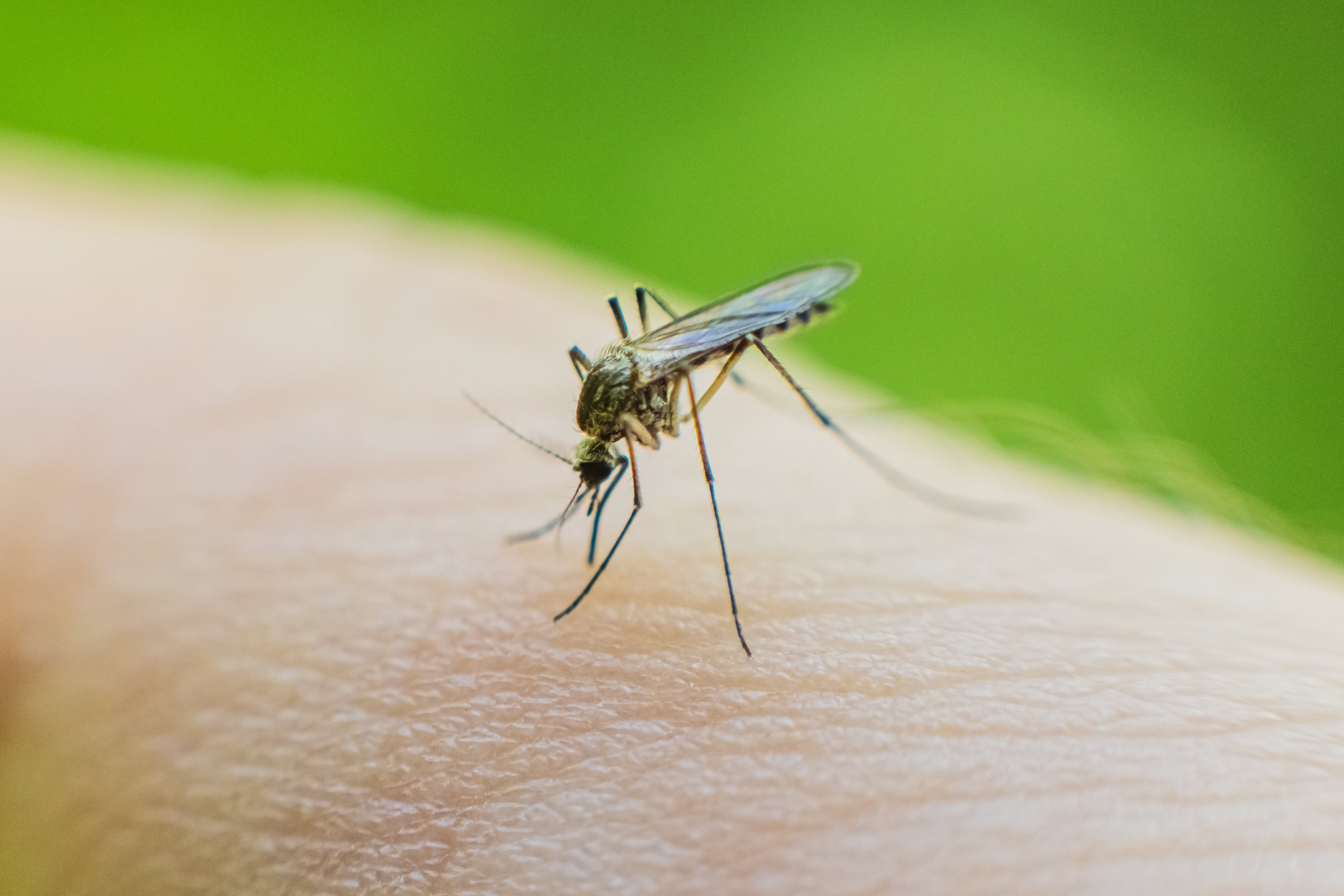What Is West Nile Virus?

This content was reviewed and approved by Dr. Teri Stapleton, MD.
Spending time outdoors in the fresh air can be good for your body and mind. However, during the warmer months, being outside increases the risk of mosquito bites. While most just produce temporary itchy bumps, some can transmit illnesses like West Nile virus, which is now being detected in our area. Understanding this illness is key to protecting yourself and your family. West Nile virus is the most common mosquito-borne illness in the U.S. It’s transmitted to humans through the bite of an infected mosquito. Mosquitoes contract the virus when they feed on infected birds. The virus then circulates in the mosquito's blood and is passed on to other animals or people when the mosquito bites them.
What Are the Symptoms of West Nile Virus?
Fortunately, the majority of people (about 4 out of 5) who are infected with West Nile virus don’t experience any symptoms. For those who become ill, about 1 in 5 will develop a fever with other symptoms, such as:
- Headache
- Sore throat
- Swollen lymph nodes
- Pain behind the eyes
- Body aches
- Joint pain
- Nausea
- Vomiting
- Diarrhea
- Rash
Most people recover completely, but fatigue and weakness can last for weeks or even months.
A much smaller number of people, approximately 1 in 150, will develop a severe illness affecting the central nervous system, such as encephalitis (inflammation of the brain) or meningitis (inflammation of the membranes surrounding the brain and spinal cord). Symptoms of severe illness can include:
- High fever
- Headache
- Stiff neck
- Disorientation
- Coma
- Tremors
- Seizures
- Paralysis
How Is West Nile Virus Transmitted?
The primary way people get West Nile virus is from the bite of an infected mosquito. It’s important to note that the virus isn’t spread through casual contact, such as touching or kissing a person with the virus.
In a very small number of cases, the virus has spread through blood transfusions, organ transplants and from mother to baby during pregnancy, delivery or breastfeeding.
Who Is Most at Risk for Severe Illness?
Anyone can be infected with West Nile virus, but certain individuals are at a higher risk of developing a severe form of the disease. This includes people over the age of 60 and those with certain medical conditions, such as cancer, diabetes, high blood pressure (hypertension) and kidney disease. People who have received organ transplants are also at a higher risk.
How Can People Protect Themselves From the Virus?
The most effective way to prevent West Nile virus is to protect yourself from mosquito bites. Key prevention strategies include:
Use Insect Repellent.
Apply an EPA-registered insect repellent to exposed skin and clothing when going outdoors.
Cover Up.
Wear long-sleeved shirts and long pants to reduce skin exposure.
Be Mindful of Peak Mosquito Hours.
Mosquitoes are most active at dawn and dusk. If possible, limit your time outdoors during these hours.
Mosquito-Proof Your Home.
Install or repair screens on windows and doors to keep mosquitoes out. Eliminate standing water where mosquitoes can breed, such as in birdbaths, gutters and old tires.
Is There a Vaccine or Treatment for West Nile Virus?
Currently, there’s no vaccine for West Nile virus in humans, and no specific antiviral medications are available to treat it. For milder cases, over-the-counter pain relievers can help reduce fever and relieve some symptoms. People with severe cases often need to be hospitalized to receive supportive treatment, such as intravenous fluids and pain medication.
What Should Someone Do if They Think They’ve Been Infected?
If you develop symptoms that concern you after being bitten by mosquitoes, you should contact your healthcare provider. They can help determine if you need to be tested and what to watch for.
If you experience severe symptoms, such as a high fever, severe headache, stiff neck or confusion, seek medical attention immediately.
You can find a Baptist Health physician in our provider directory if you don’t have one.
Next Steps and Helpful Resources
Learn More About Primary Care at Baptist Health
10 Best Ways to Prevent Ticks
Identifying Insect Bites
From Primary Care to the ER: Understanding Your Options



